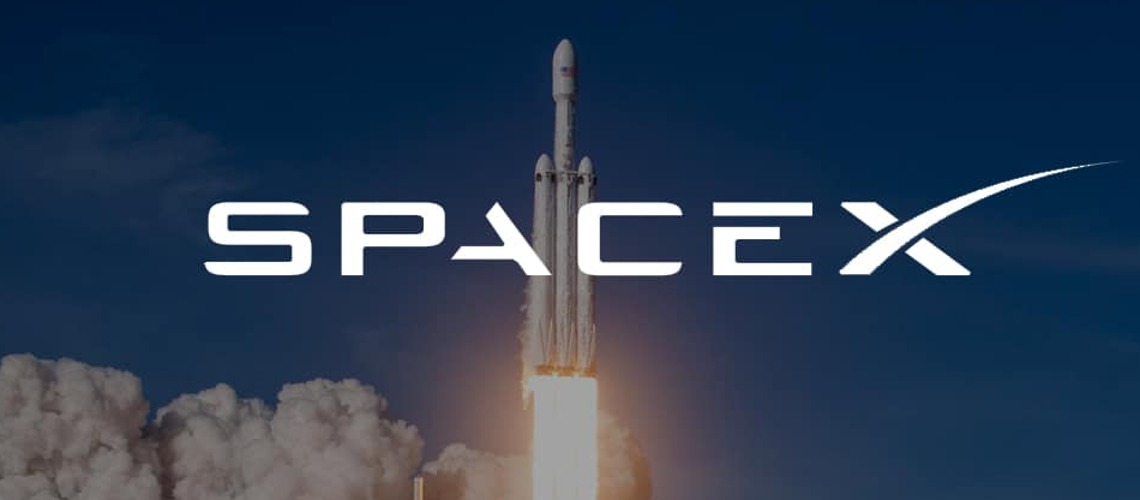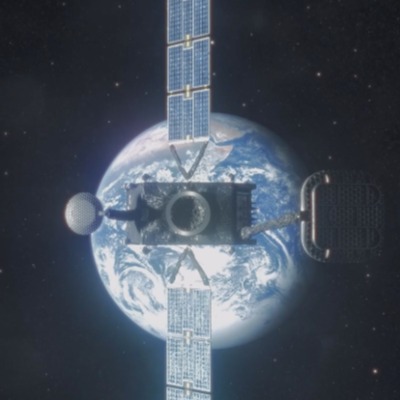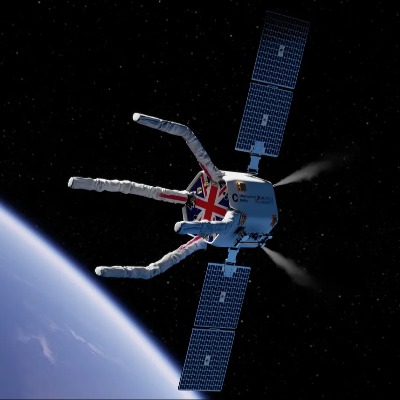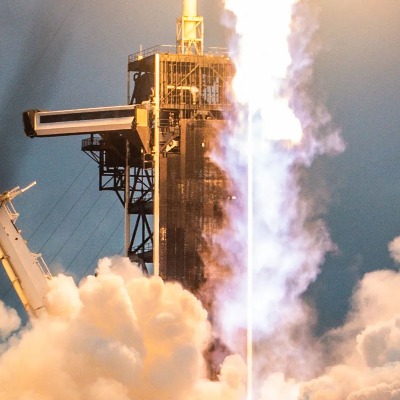Starlink's Mobile Ambitions Hit Snag As FCC Dismisses Spectrum Request

SpaceX's plans for its next-generation Starlink constellation suffered a setback as the Federal Communications Commission (FCC) dismissed the company's request to utilize spectrum currently allocated to Globalstar and Dish Network. This decision throws a wrench into SpaceX's ambitions to offer mobile broadband services through Starlink Gen2.
Spectrum Clash at the Core:
SpaceX had requested permission to utilize specific frequencies in the 1.6 GHz, 2 GHz, and 2.4 GHz bands – spectrum currently assigned to Globalstar and Dish for mobile satellite services (MSS). SpaceX argued their advanced technology would allow "co-primary" usage, meaning both Starlink and existing services could operate in the same bands without causing interference.
Dish and Globalstar Push Back:
However, both Dish and Globalstar vehemently opposed SpaceX's request. Dish stated they are actively deploying their wireless network using the allocated spectrum, while Globalstar argued the current rules don't allow additional MSS systems in these bands.
The FCC Sides with Incumbents:
The FCC sided with Dish and Globalstar, concluding that the current regulations don't permit SpaceX's proposed use of the spectrum. The Commission stated it would be open to re-evaluating spectrum allocation in a future rulemaking process, but for now, SpaceX's request was denied.
Starlink's Mobile Dreams on Hold:
This decision is a blow to SpaceX's vision for Starlink Gen2. The company envisioned offering low-latency mobile internet services to remote and underserved areas, potentially competing with traditional cellular providers. The access to the specific spectrum bands SpaceX requested was considered crucial for achieving this goal.
What's Next for Starlink?:
SpaceX has not yet commented publicly on the FCC's decision. They may choose to appeal the ruling or explore alternative options for providing mobile services through Starlink Gen2. Additionally, they may participate in a future rulemaking process at the FCC to advocate for changes to spectrum allocation.
Industry Implications:
The FCC's decision highlights the complexities of spectrum allocation in a crowded space. It also underscores the increasing competition within the satellite internet market, with companies like SpaceX vying for a slice of the growing pie.
Looking Ahead:
While SpaceX's mobile ambitions have been temporarily stalled, the company is likely to continue refining its Starlink technology. The future of Starlink Gen2's mobile offerings remains to be seen, and will depend on SpaceX's next steps and the FCC's willingness to consider changes to spectrum allocation policies.




